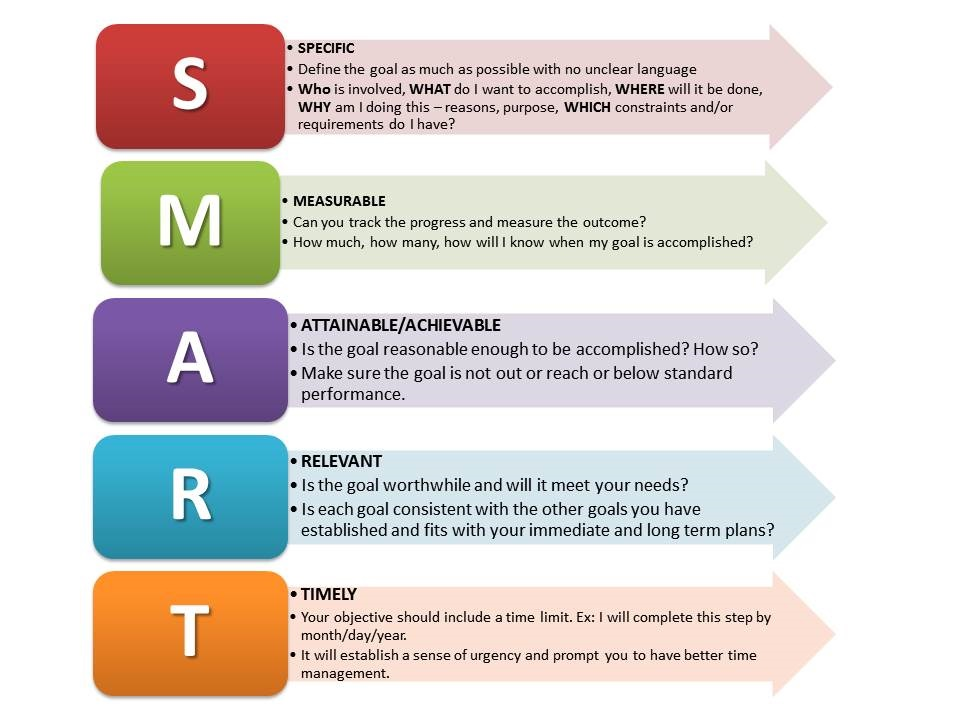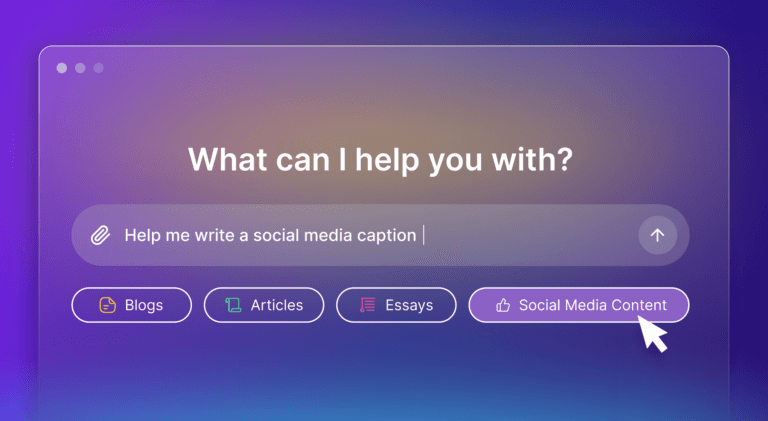10 Words to Avoid in an Email – And How to Say It Better

Table of Contents
- Introduction to Email Marketing
- Types of Emails Used In Email Marketing
- Tips To Write The Perfect Emails
- 10 Phrases To Avoid in Emails
- Key Takeaways
- Conclusion
- FAQs
In the corporate world, the use of email for communicating with colleagues and clients is an everyday thing. But are we doing it correctly? Unknowingly, there are moments when we make minor mistakes in our emails which cost us a lot in the end. As the Journal of Personality and Social Psychology puts it, only 56% of the emails are correctly interpreted by the readers. People find some phrases annoying, and we must avoid those in emails. We need to focus on these words and phrases, a big ‘NO’ in email writing. We’ll go through a few such phrases in this blog and find better ways to write them.
Introduction to Email Marketing

Email marketing is an important marketing channel where a brand can send commercial or promotional emails to a setlist of contacts and customers who have permitted them to do so. It promotes business and makes the customers aware of the new products or services, special offers or discounts, or events. Email communication can be a key to ensuring customer loyalty and can reflect a brand’s identity. As part of a personalized marketing strategy, effective emails can help generate leads and create strong brand awareness with careful words.
Purpose of email marketing
- Accessibility to a broad audience: Emails are accessed by people of all age groups. From teenagers to the elderly – everyone knows how to use and check their email. Given this, email marketing becomes a major mainstream tool to ensure a wider reach.
- Cost-effective: Email marketing is a highly affordable tool, especially for first-time users. Many email marketing service providers are available with packages with varying costs, including free plans for the businesses that are new to this form and want to see how it works.
- Customized email list: Your email list should be only “yours.” It should contain contacts related to your business, like your loyal customers, new subscribers, etc. This will help you get closer to those interested in your brand.

Benefits of Email Marketing
Emails play a pivotal role in growing and managing a business and significantly improve relationships.
There are 3 significant benefits of this form of marketing:
- Lead generation: If you are kick-starting a special offer or sale, sending emails as per your email marketing campaign can bring in a lot of profit. Send your clients personalized emails with promotional details or reminders/follow-ups.
- Brand awareness and brand recall: Emails are the best way to successful one-on-one communication, as it allows you to reach the concerned party directly. Given this, people nowadays don’t let just anyone slip into their inbox randomly. It’s considered a personal space where only the mails of your interest can be present. This also assures you that the person has received your message.
- Customer loyalty: Syncing email marketing with your CRM system can lead to efficient communication. It creates a community and maintains your relationships.
Types of Emails Used In Email Marketing
1. Welcome emails to celebrate new visitors
This type of email is the first interaction a brand has with its customers once they sign up on a website. It is better to make these worth their time as welcome emails are most likely to be read compared to any other email. It should reflect the brand personality clearly. The brand story and information about the products and services may be included at the end of the email.

Since this type brings in high engagement, it has a higher transaction value than any other type of email, even more than transactional emails. Hence, a welcome email often includes a discount offer like coupons or a free shipping option for first-time users.
2. Re-engagement emails to encourage the readers to engage with the brand
There are always customers who lose interest in the brand over time. So, it becomes really important for a brand to encourage them to interact with it again and maintain it. These emails typically start with the subject line ‘we miss you on…’.
According to a study by Returning Path, 12 percent of the people who receive re-engagement emails read and interact with them, which may sound like a small amount, but it’s not.

3. Reminders about the abandoned cart
Cart abandonment and seasonal offer emails are types of transactional emails. Essential for an online store, these emails are strong call-to-action emails to remind customers about the items left in the cart.
Tips To Write The Perfect Emails
- Attention-grabbing subject lines: Most people open emails after reading the subject. Given this, a subject line should be short and crisp and include a question, the recipient’s name, or a specific problem related to the recipient. It shouldn’t be too long and must be visible on both desktop and phone.
- Keep the email audience-centric: When writing an email, ensure that it addresses the target audience. If you’re selling something relevant for industrial use, there is no point in sending the emails to a domestic or corporate audience.
- Personalization is the key: Always write the email in a tone that makes the recipient feel that you are directly addressing them. Personalizing the emails according to your customers’ demographics makes them feel important and not just one of the names in your email list.
- Consider your audience for content length: Let your audience decide the length of your email. A detailed and slightly long email will be an excellent option to target people directly related to the industry. But a short and crisp email would work to target someone like a busy CEO.
- Avoid self-praise: Talk about what the customer wants to know about you; do not just go on praising yourself and your brand. Find their interest and needs by researching your audience.
- End your email with a call-to-action button: Offer the customer something to continue the engagement, rather than leaving them abruptly. Ask them if they require a demo or want to discuss any concern over a call etc.
10 Phrases To Avoid in Emails
1. ‘Checking In…’
Avoid using ‘checking in’ as your subject, and write what you want to address through the mail. Using this phrase will only confuse the recipient. Write a more specific subject line, asking for the customer’s review or anything related to the customer.
2. ‘Sorry to bother you.’
Never open the email with an apology. This will highlight your mistake, even if the customer didn’t notice it beforehand. As a result, it’ll make them question your credibility. Instead, try using a phrase like ‘I hope you’re doing well’ or ‘Thanks for your patience.’ This will reflect that you value the interaction with them.
3. ‘As I mentioned before…’ or ‘As per my last email…’
Even though some details feel repetitive to address, consider that your customers are also busy individuals and might have missed some details. So, avoiding this phrase in your email becomes necessary. Instead, use words like ‘this is a quick reminder…,’ ‘quick reminder,’ ‘I wanted to update you…’.
4. ‘ASAP’ or ‘I’ll try…’
Avoid using ‘ASAP’ as it is said to put pressure on the recipient. Give the recipient a set time to complete the action. Similarly, the sender should never say ‘I’ll try to…’ as it makes the other person doubt your abilities to get the work done.
5. ‘The problem is…’
Addressing a problem with a specific solution can be a task. So, instead of quoting the issue vaguely, you can use phrases like ‘I wanted to update you…’ or ‘We’re working on….’
6. ‘I understand how you feel’
This phrase can annoy the customer further and make the case worse. So, when things don’t go as planned, you can try saying, ‘I understand how x has caused y….’
7. ‘Let’s touch base’
This is often used as a vague filler phrase, leaving the customer in an open-end where they don’t know what to do next. You can try using ‘Please feel free to…’ or ‘looking forward to hearing from you’.
8. ‘No issues’ or ‘No problem’
Using this will make the reader feel that they have made a mistake by contacting you or having bothered you. Try using simple phrases like ‘Sure thing’ or ‘You’re welcome.’
9. ‘You Should…’ or ‘According to me…’
If your customer is set on something, it can be difficult to offer a suggestion. While doing this, try not to sound authoritative. Instead of using ‘You should…,’ try saying ‘I recommend’ to make it sound like friendly advice.
10. ‘To be honest with you…’
Using this phrase will make the other person doubt your words and may hamper your relationship. They would feel you were never honest with them before. So, to avoid this, cut to the chase and say what you want to address.
Key Takeaways
- Always personalize the emails according to the audience.
- Keep the emails short and to the point to avoid confusion.
- End the email with a strong call-to-action phrase.
- Avoid unnecessary apologies in the email.
- The subject line should clearly indicate the purpose of the email.
- Emails should reflect the personality of your brand/business.

Conclusion
Staying on top of the inbox with your business emails is a difficult task. To achieve this, it is essential to use a specific formal tone in the email, whether you’re communicating with a colleague, boss or a customer. As some cliché phrases can make the reader grab their hair out of annoyance, it is better to avoid such phrases to ensure efficient one-to-one communication.
FAQs
– Sincerely yours
– I apologize, or I’m sorry
– Please note
– Very Important
– Forwarded
– Be concise and to the point
– Use a formal, polite tone
– Be careful of all the spelling and grammatical errors
– Write a specific subject line
– Write the purpose at the beginning of the email.
Effective email communication sends crisp and concise emails that are free of extra phrases only to those being catered to.
– Informational emails
– Educational emails
– Lead generating emails
– Promotional emails
Miscommunication results from the difference in understanding and interpreted meaning between the sender and the receiver. Emails should be written in an explicit manner to avoid this.
Latest Blogs
Learn how to rank on AI search engines like ChatGPT, Perplexity, and Gemini by optimizing your content for authority, structure, and relevance. Stay ahead in AI-driven search with this strategic guide.
Explore the best healthcare SEO services for your medical practice. Improve online visibility and effectively reach more patients in need of your services.
Discover top social media agencies specializing in banking solutions, enhancing financial services and driving engagement.
Get your hands on the latest news!
Similar Posts

B2C Marketing
5 mins read
Top Choices for Best Content Marketing Services in B2B Industries

Artificial Intelligence
5 mins read
How A Lead Generation Specialist Can Use AI-Powered Content Funnels to Drive Conversions

Artificial Intelligence
4 mins read